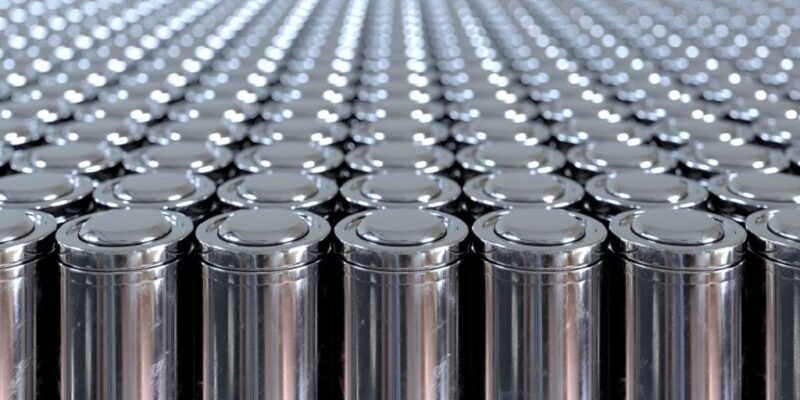Chinese unicorn startup develops all-weather EV Battery
A young battery startup in China claims its latest cell technology is able to alleviate a major issue for EV owners today – the loss of charging performance and range in inclement weather, especially cold climates during winter.
By utilizing superconducting materials, Greater Bay Technology says its new cells can charge and function as normal within six minutes, no matter the temperature outside.
Guangzhou Juwan Technology Research Co., Ltd. – better known as Greater Bay Technology is a battery startup spun out of GAC Motor as recently as 2020. In that short time, the company has already delivered what it calls an eXtrem Fast Charging (XFC) cell that can fully charge in 15 minutes.
GAC Aion has already implemented this technology into its EVs in China, beginning with its V Plus SUV. Its early success has helped the young startup become a unicorn or sorts, gathering over RMB 1 billion (~$155M) in Series A funding.
Not to be outdone, the Greater Bay is now touting a new cell it calls the Phoenix EV battery – promising a range of 1,000 km (621 mi) on a single charge and a level of performance fidelity that is unaffected by the temperature outside, even in winter.
GBT’s new EV battery can fast charge in winter or summer
The startup recently shared impressive details of its new Phoenix battery cells in a video on its WeChat page, which can rapidly heat from -20℃ (-4℉) to 25℃ (77℉) in just five minutes.
This advanced thermal management helps stabilize the EV battery no matter if it’s the peak of summer, or the dead of winter, providing rates from 10-80% SOC in just six minutes (8C) on platforms ranging from 300V to 1,000V. Per the video:
Based on essence of battery heat exchange, GBT’s Phoenix battery takes full advantage of its original lightweight and ultra high-thermal conductivity low-dimensional materials, making best use of the cell’s heat exchange area, building up a 3-D thermal management system. Its heat exchange is increased by 18 times traditional solutions, realizes extreme fast cooling and heating, with a temperature control rate raised by three times.
Additionally, the EV battery cells combine for what Greater Bay calls a “magazine clip” style structure that not only enables the optimized heat exchange, but better protects against damage from collisions or cell penetrations.
Like many of these breakthroughs we often see, the Phoenix EV batteries have not reached mass production, but could be here by next winter.
Greater Bay Technology states the Phoenix cells will be implemented in GAC Aion EVs next year, and it is currently in talks with other automakers as well.
Electrek’s Take
I don’t want to get my hopes up just yet for two reasons. For one, these battery breakthroughs appear to happening more and more often, and rarely involve the words “mass production” or “cost parity.”
To counter my own insecurities, Greater Bay has been innovating quite quickly and already has fast charging cells in EVs overseas. Remember, it’s only been in business for three years. Not to mention it’s financially backed by one of the largest automotive conglomerates in China.
![]()





